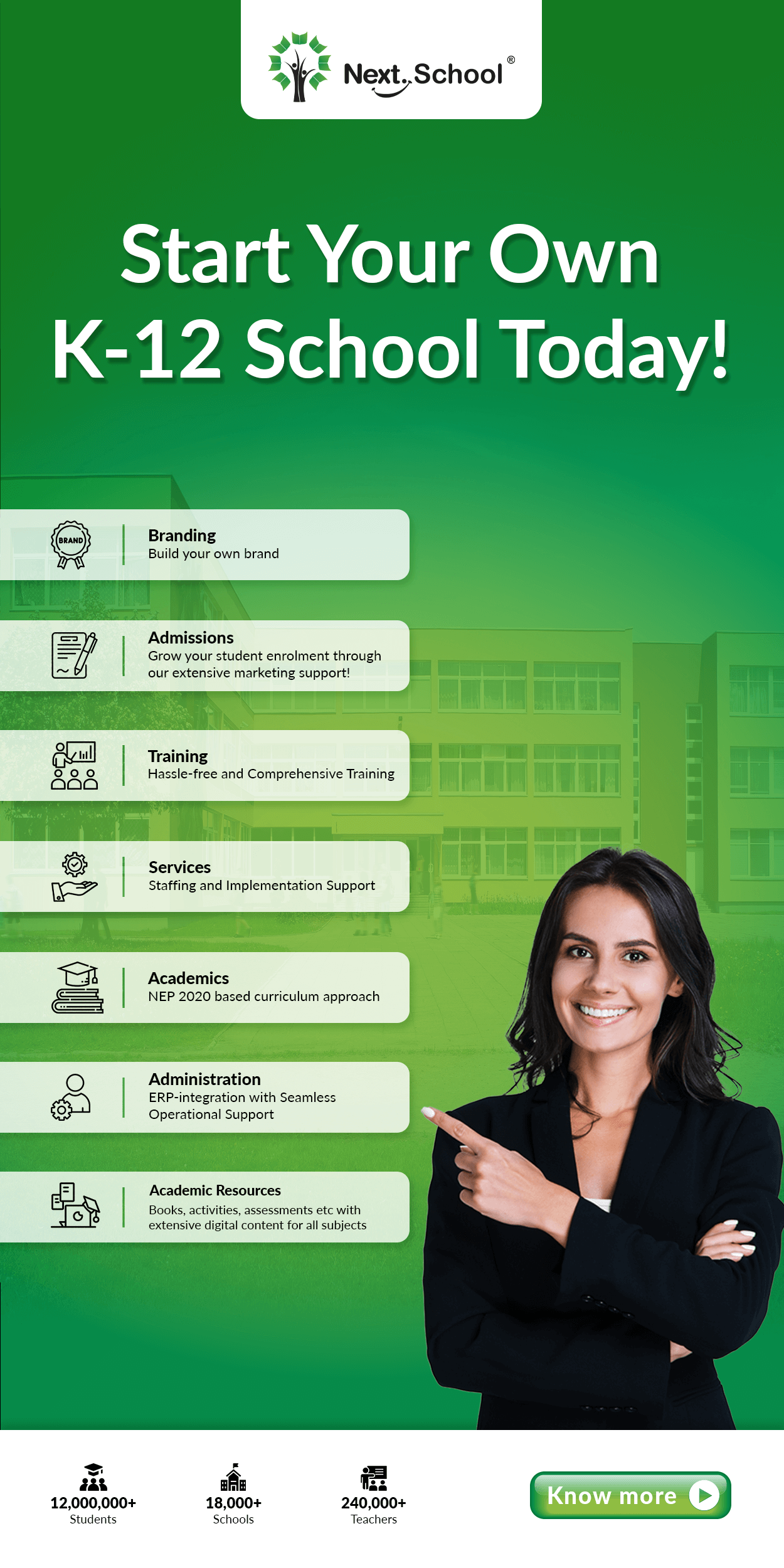Teaching about Dyslexia in School

“Duniya mein aaise aaise heere paida huye hai, jinhone sari duniya ka naksha hi badal diya … kyun ki yeh duniya ko apni alag nazar se dekh paaye (Various gems have been born in this world, who have changed the map of this whole world … because they were able to see this world from a different angle),” says Aamir Khan’s character, Ram Shankar Nikumbh in Taare Zameen Par, a film that explores the trauma of dyslexia through the journey of a art-whiz kid.
Dyslexia is considered a major disadvantage, according to a study in the UK by the global NGO, Made by Dyslexia. Parents and educators are barely aware of the fact that dyslexia is just a different way of processing information.
Dyslexic people may struggle in achieving the traditional benchmarks, but they are equipped with the skills in vogue in the 21st century, namely out-of-the-box thinking, problem solving, innovation and entrepreneurship. This explains why so many people have been successful and influential in spite of being dyslexic, such as Albert Einstein, Thomas Alva Edison, Leonardo da Vinci, George Washington and Ludwig van Beethoven.
This Dyslexia Awareness Month, Dr Edward Tse, host of Ed on EdTech YouTube channel, explores how being aware of dyslexia can help eradicate the stigmatisation associated with the academic performance of dyslexic children. According to Kate Griggs, founder of Made by Dyslexia, and Dr Maggie Aderin-Pocock, a British space scientist, it is important that dyslexic children get the right support from school. It can boost confidence in them and help them reach for the stars.
Image source: https://www.truechristianity.info/en/films/taare_zameen_par.php
Video source: https://www.youtube.com/watch?v=HBsyMi70q60

